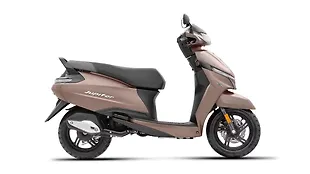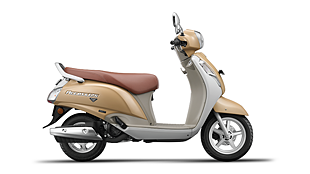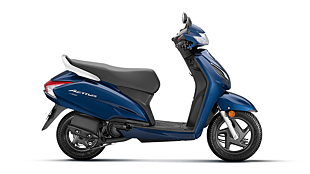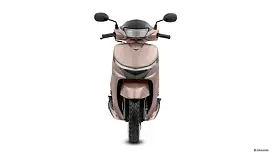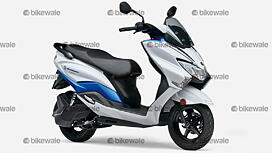The Golden Days

Bajaj it seems has re-registered its brand name ‘Chetak’! Rings any bells? At least the fortunate generation of the 80s and 90s will certainly remember the ‘Humara Bajaj’ jingle. For those born in this generation – Too bad, those were the golden days.
In 2001, one got to hear the jingle again, albeit in a slightly modern version. The campaign was for the Bajaj bikes. In 2007, ‘Hamara Bajaj’ was used for the Pulsar 220. This campaign was about competing with oneself and once again, it captured the spirit of India.
Explaining what Bajaj scooters meant to a generation that was first experiencing the march of technology is quite a difficult task. In a few words - Bajaj is what put the country on two wheels.
(Image source: TeamBHP)
Down Memory Lane

Image source: Vespaonline.com
I am from that 90s generation. The one that grew up on VHS cassettes, Snakes and Ladders board games, going to school on a cycle rickshaw, eating ice lollies and more. I grew up at a time when Yezdi and Rajdoot were the Harleys of the roads and when the Bajaj Chetak scooter could ably ferry up to five-six people on its two wheels. It attempted to show us a ‘Buland bharat ki buland tasveer’. There would be a set of parents, a toddler in the mother’s lap, one kid squashed between the dad and the mother and one standing on bended knees in front of the father. No amount of squirming or crying could save you from the ‘front seat’. For most, like me, it was the most important seat on the scooter. If you ticked all the right boxes – scrawny, tiny and never-could-stand still, then you often found yourself there in the ‘driver’s seat’ as we called it back then.
Millions of memories are associated with that scooter, I knew of people (my dad and my neighbours) whose Sunday routine would be parking the scooter in the front of the yard and giving it a wash and meanwhile also chit-chatting about the company’s going-ons. I also know of couples who found their first love, sitting pillion on the backseat of the Chetak, some while ogling at girls in front of the colleges and some while offering a ride to their love interests.
I have fond memories of my father dropping my sister and me to school on the Chetak and picking us up in the afternoon. Even on rainy days it used to be our saviour. Our scooter was in a shade of green, almost lime green. No event in the household was complete without the presence of the Bajaj Chetak. From the numerous trips to the park; to the market, to the hospital, to the railway station, like a gallant stallion - it served its family.

But as we grew up the times were changing, cycle rickshaws gave way to Omni vans and autorickshaws, Yezdis and Rajdoots retired giving way to Hero Hondas and Yamahas of the 100cc variety and teens like us could no longer fit into the front seat anymore. We grew up and left the town in search of better opportunities often trading our new found freedom for motorcycles of the latest make. But my dad kept holding on it. We said he was fond of keeping antiques after all our Bajaj Chetak had been in the family for over 23 years now. It was the scooter with which my newly married parents first scoured Jamshedpur. It was their prized possession and my dad, needless to say was sentimental about it. It was only in 2010 that we finally gave up on the Bajaj Chetak, only when dad’s knees could no longer handle the strain. He was sad to see it go but glad that his antique had served him well.
The Bajaj Story
Today, Bajaj is mulling bringing back the Chetak line of scooters probably something in with the times. There was a time when Bajaj Chetak had taken it to the top of the industry and now Bajaj is hoping to rekindle that light.
Let us take a look at Bajaj Auto’s evolution in India right up to the time they began with motorcycles. Bajaj Auto stopped manufacturing scooters in 2005. It was once the reflection of an aspirational India but stopping it clearly meant that our aspirations had changed. The Bajaj geared scooter was its bread and butter, it had opened a market which had just begun exploring its vistas and reach. Surely in the 70s and 80s getting a scooter meant having to wait for months, in fact my dad got his Chetak after waiting for three months. In the 90s all that began to change. The Bajaj Chetak dominated almost all middle-class households. But this story did not last long, as generations changed so did the mindset. When Bajaj was ruling the roost with the geared scooter all it had for company was TVS with its moped and the LML Select II and NV Express; Kinetic with its gearless scooterette and all the others like the Enfields, Yezdis and Rajdoots all rode alongside. Bajaj's scooter line-up included a 50cc scooterette Bajaj Sunny, the Bajaj Spirit, and a range of 100cc- 150cc scooters like the Bajaj Cub, Super, Super FE Chetak, Chetak Classic and the Bravo Legend.

Bajaj scooters were lapped up thanks to their low price, low maintenance costs, good brand image, and pick-up.
While the motorcycle march in the late 1990s killed the geared scooter segment, it is ironic that Bajaj, which brought on this cult following for scooters failed to read the segment correctly. Everyone read the market differently back then in 2000, including Bajaj which was one of the manufacturers who felt that the scooter segment was dying. Honda proved otherwise when it brought in the Activa. Now Bajaj is probably a bit wiser as the market has taught them differently. If it serves our memories right, then not so far in the recent past did Mr Rajiv Bajaj, Managing Director, Bajaj Auto, state that the firm is not in the market for scooters or mopeds, but to be a profitable global brand. The motorcycle segment held more fascination for Rajiv Bajaj and soon Pulsar became the talk of the town, guaranteeing them sales more than what the scooter had provided them. Bajaj felt euphoric his gamble had paid off.
The bike segment, then, in the early 2000s was dominated by Hero Honda and Bajaj was at No. 2 in the two-wheeler industry.Cut to the present market statistics: While domestic motorcycle sales rose 3.9 per cent in FY14, scooter sales surged by 23 per cent as Indians lapped up new-age scooters from Honda, Piaggio, TVS, Hero Moto and even Suzuki and Mahindra. This is no one-time lucky story but a trend, as scooter sales as a percentage of total two-wheeler sales has consistently risen from 14 per cent in FY2008 to 25 per cent in FY2014, while that for motorcycles have dipped from 79 per cent to 70 per cent during the same period.
Present scooter market
Now the key players in this market are Honda and TVS. Honda with the Dio and Activa commands a tremendous fan following. Even after 13 years of its launch, Honda Activa continues to be in demand. Honda has often been credited with reviving the scooter market after Bajaj's exit.

In today’s market we have the TVS Scooty Zest, Wego and others from its stable slowly taking over the scooterette market, Yamaha is closing the gap and Suzuki is also getting in through the cracks. The design of these scooterettes also make a huge difference, gone are the bulky and heavy externals and in its place are lightweight materials, sleek and stylish-looking zippy vehicles.
Looking for an encore
So with such an active scooterette market existing, does Bajaj scooters coming back make sense? Does it then mean that the pages of Indian automotive history will soon be aflutter thanks to the work going on in the corner office at the Bajaj Auto headquarters?

Well, Bajaj once had the nation singing to its tunes, given the chance, we will surely be doing it again. Bajaj Autos on the other hand have made it amply clear that it is no hurry to make a scooter anytime soon. But we think this decision to revive the scooter segment could work positively for the company once it shows its cards.
Gallery
1/7
Double Tap to Zoom








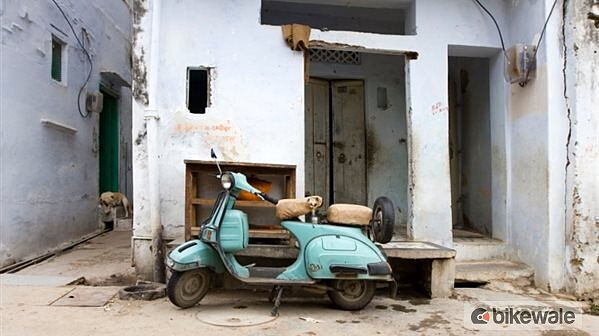






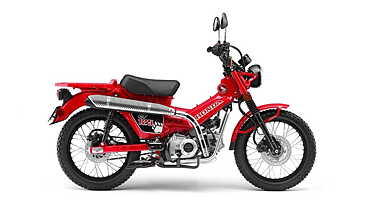

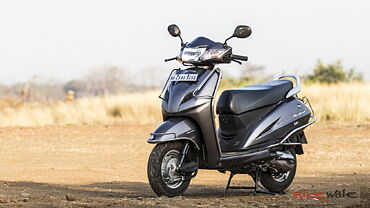
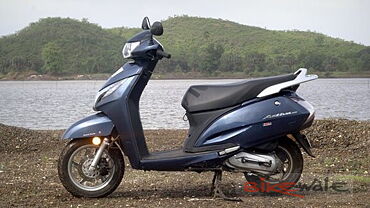
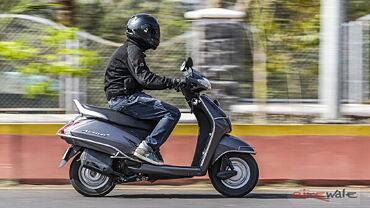

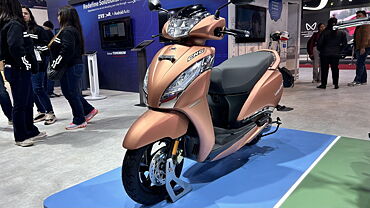
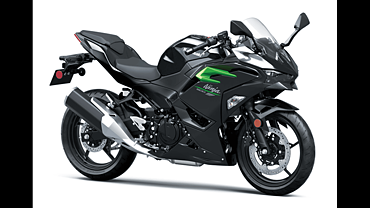
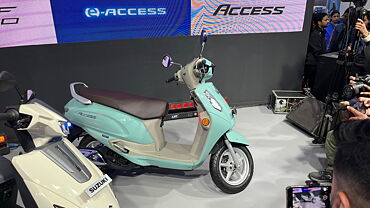
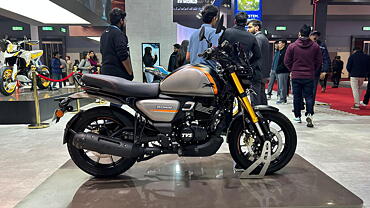

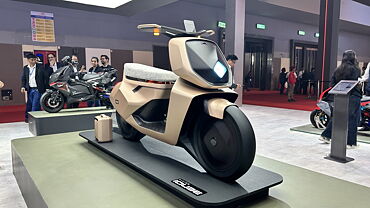
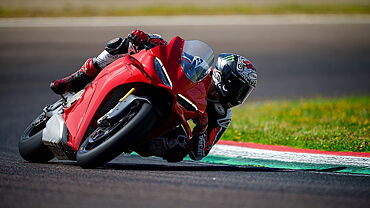
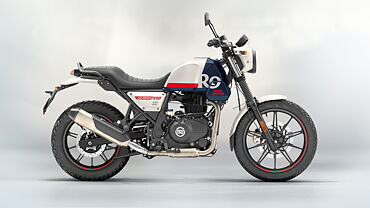
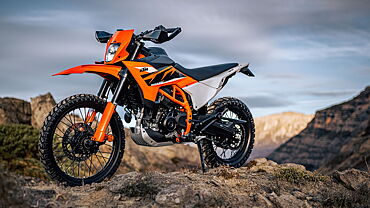
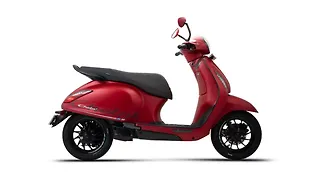
![Bajaj Chetak [2020-2024] Bajaj Chetak [2020-2024]](https://imgd.aeplcdn.com/310x174/n/cw/ec/169773/chetak-right-side-view-16.jpeg?isig=0&q=80)
